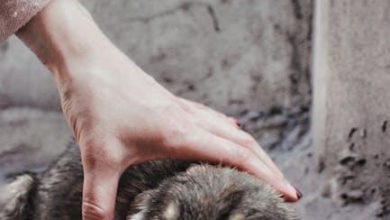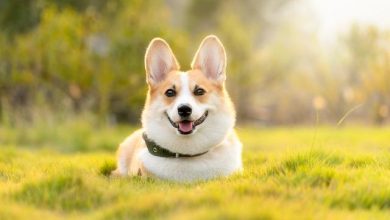How to Socialize a Puppy for a Confident Adult Dog
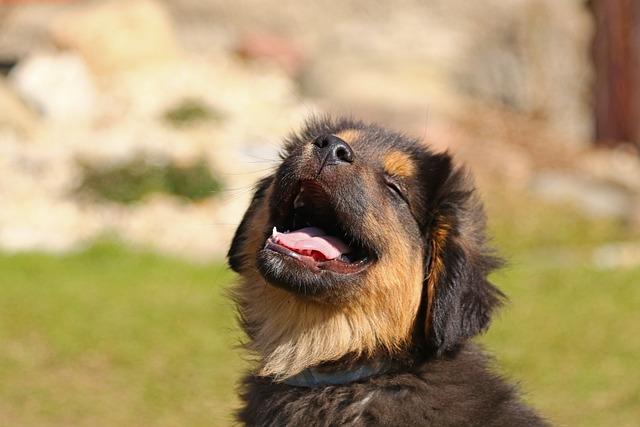
In the heartwarming journey from wobbly-legged puppy to poised adult dog, socialization plays a pivotal role, shaping not just behavior, but the very essence of a dog’s character. Imagine a world through the eyes of a puppy: every sound is a symphony, every scent a story, and every new face a potential friend or foe. It is in these formative moments that the foundation for a confident, well-adjusted adult dog is laid. This article delves into the art and science of puppy socialization, offering insights and strategies to guide pet owners in nurturing their furry companions into self-assured members of the family and community. Join us as we explore the techniques and timing essential for unlocking your puppy’s potential, ensuring they grow up to face the world with wagging tails and open hearts.
Building Trust from Day One
Establishing a foundation of trust is essential for nurturing a puppy into a well-adjusted adult dog. From the moment you bring your furry friend home, it’s crucial to engage in activities that foster a secure bond. Consider incorporating the following practices into your daily routine:
- Gentle Handling: Regularly pet and hold your puppy to help them become accustomed to human touch, which is vital for building trust and confidence.
- Positive Reinforcement: Reward your puppy with treats and praise for good behavior, ensuring they associate interactions with positive outcomes.
- Consistent Routines: Establish predictable feeding, play, and sleep schedules to provide a sense of security and stability.
By incorporating these elements, you lay the groundwork for a trusting relationship, paving the way for your puppy to grow into a confident and sociable adult dog.
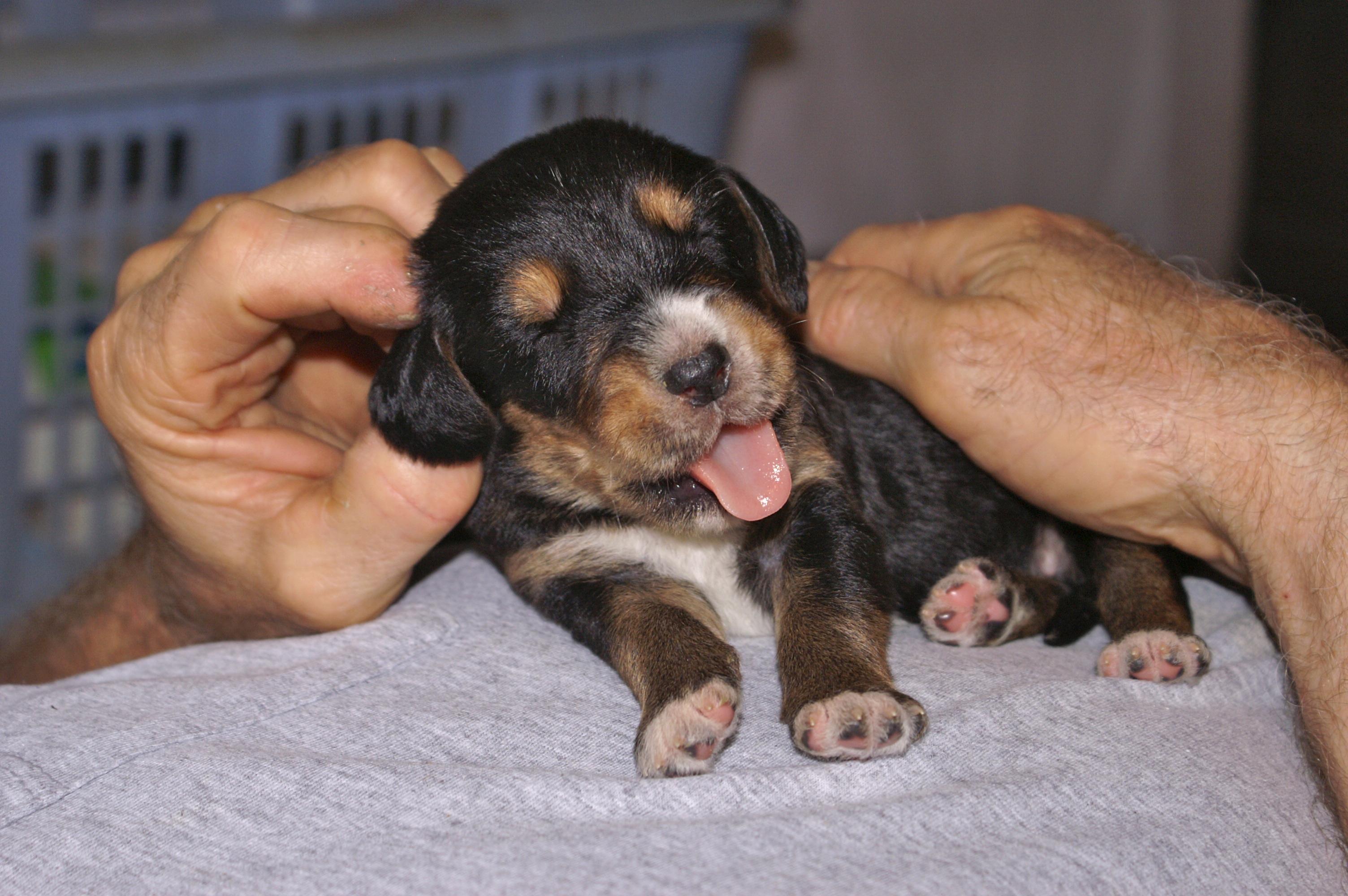
Exploring New Environments Safely
Introducing your puppy to a variety of settings is crucial for building their confidence and ensuring they grow into well-adjusted adults. Start by exposing them to different environments gradually, making sure each experience is positive and stress-free. Consider these steps to help your puppy feel comfortable in new surroundings:
- Frequent Outings: Take your puppy on short trips to places like parks, pet-friendly stores, or quiet cafes. Allow them to observe and absorb new sights and sounds at their own pace.
- Encounters with Different People: Introduce them to people of various ages, ethnicities, and attire. This helps them learn that humans come in all shapes and sizes.
- Calm and Encouraging Atmosphere: Keep your tone upbeat and relaxed. Use treats and praise to reward calm behavior, reinforcing that new experiences are enjoyable.
- Controlled Interactions with Other Dogs: Arrange playdates with vaccinated, friendly dogs. These interactions teach your puppy important social cues and build their confidence.
Remember, every puppy is unique, and their comfort levels can vary. Patience and consistency are key to successful socialization, setting the foundation for a confident and happy adult dog.
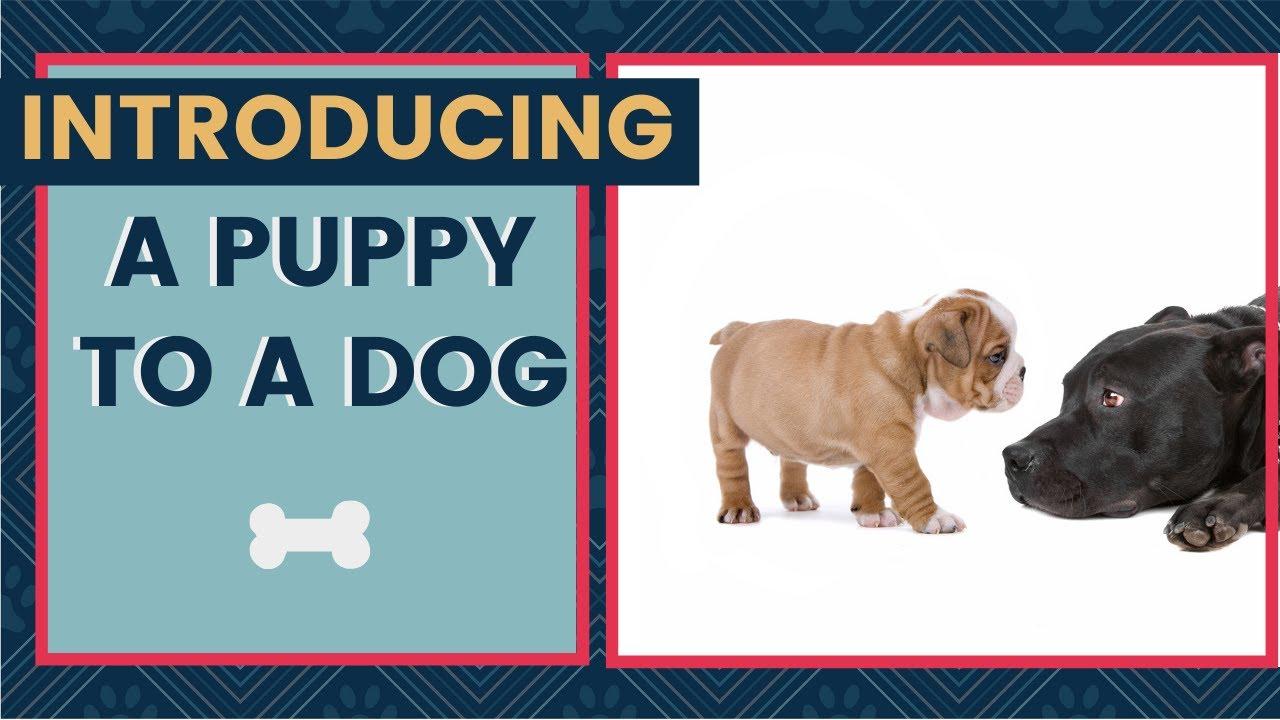
Introducing Your Puppy to Other Dogs
When it comes to ensuring your puppy grows into a well-adjusted adult dog, introducing them to other dogs is crucial. Start by choosing a neutral, calm environment where neither dog feels territorial. Parks or a friend’s backyard can be ideal settings. Keep the first interactions short and sweet, allowing your puppy to get comfortable at their own pace. Observe body language closely; a wagging tail, relaxed posture, and play bows are positive signs. If either dog appears anxious or aggressive, separate them gently and try again another day.
Here are a few tips to ensure a positive experience for all involved:
- Leash Control: Keep both dogs on a loose leash, allowing freedom of movement while maintaining control.
- Positive Reinforcement: Reward your puppy with treats and praise for calm behavior and friendly interactions.
- Socialization Classes: Consider enrolling in a puppy socialization class for structured and supervised interactions.
- Patience is Key: Each puppy has its own pace; some may take longer to feel comfortable than others.
By introducing your puppy to a variety of canine companions, you’re not just building their confidence but also laying the groundwork for a happy, socially adept adult dog.

Mastering the Art of Positive Reinforcement
Positive reinforcement is a powerful tool in shaping your puppy’s behavior, creating a foundation of trust and mutual respect. At its core, it involves rewarding desirable behaviors to encourage their repetition. This can be as simple as a tasty treat, a favorite toy, or even a joyful verbal affirmation like “good boy!” or “well done!”. By consistently applying this method, your puppy learns to associate good behavior with positive outcomes, fostering a sense of confidence and security.
- Timing is Key: Ensure that rewards are given immediately after the desired behavior to create a clear connection in your puppy’s mind.
- Consistency Matters: Use the same cues and rewards each time to avoid confusion and reinforce learning.
- Keep it Positive: Avoid negative reinforcement or punishment, as it can lead to fear and anxiety.
- Adapt and Grow: As your puppy learns, gradually introduce new challenges and environments to reinforce their skills and confidence.
By mastering these techniques, you create a supportive environment where your puppy can thrive, setting the stage for a well-adjusted adult dog who is both confident and sociable.
